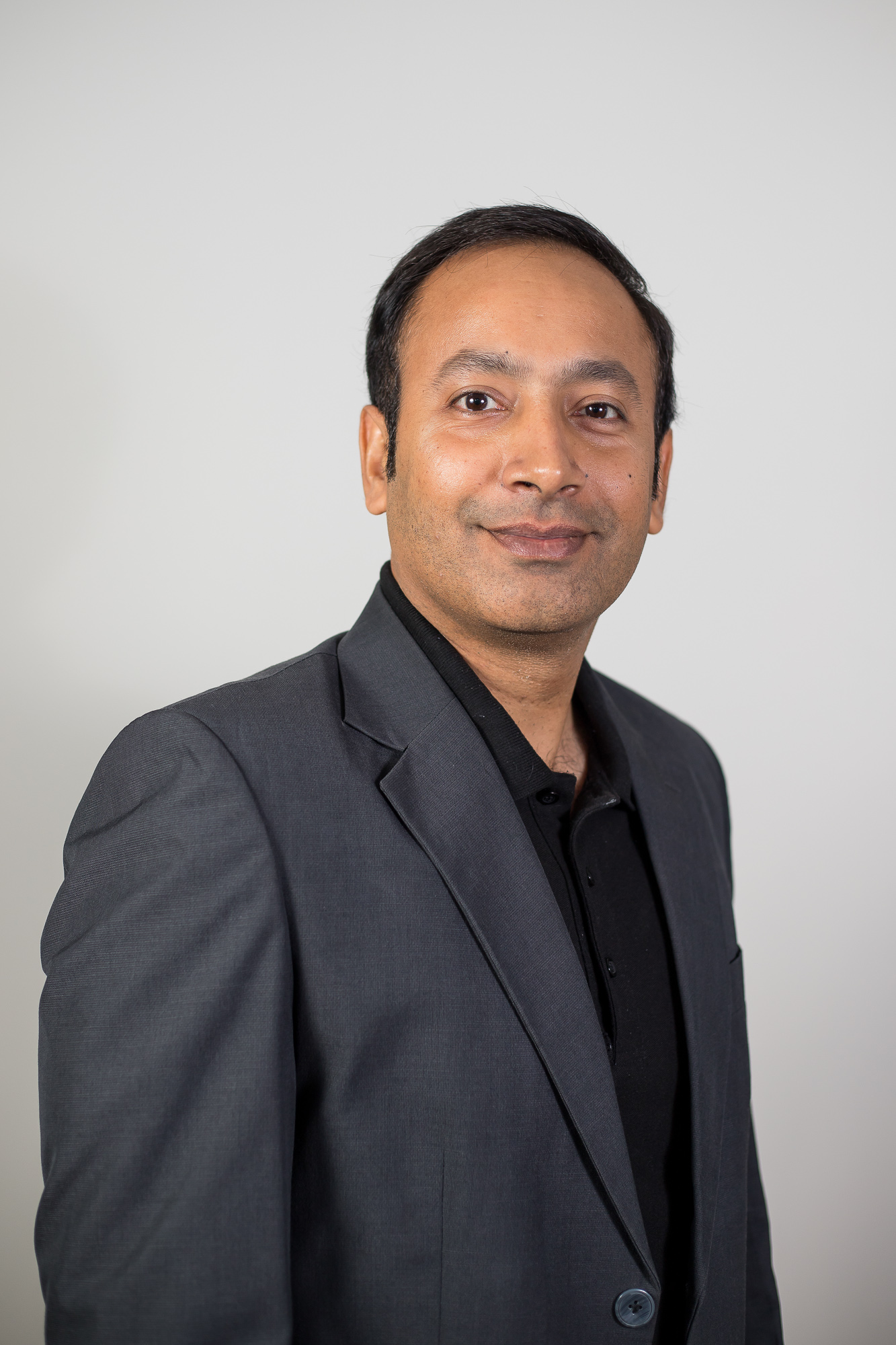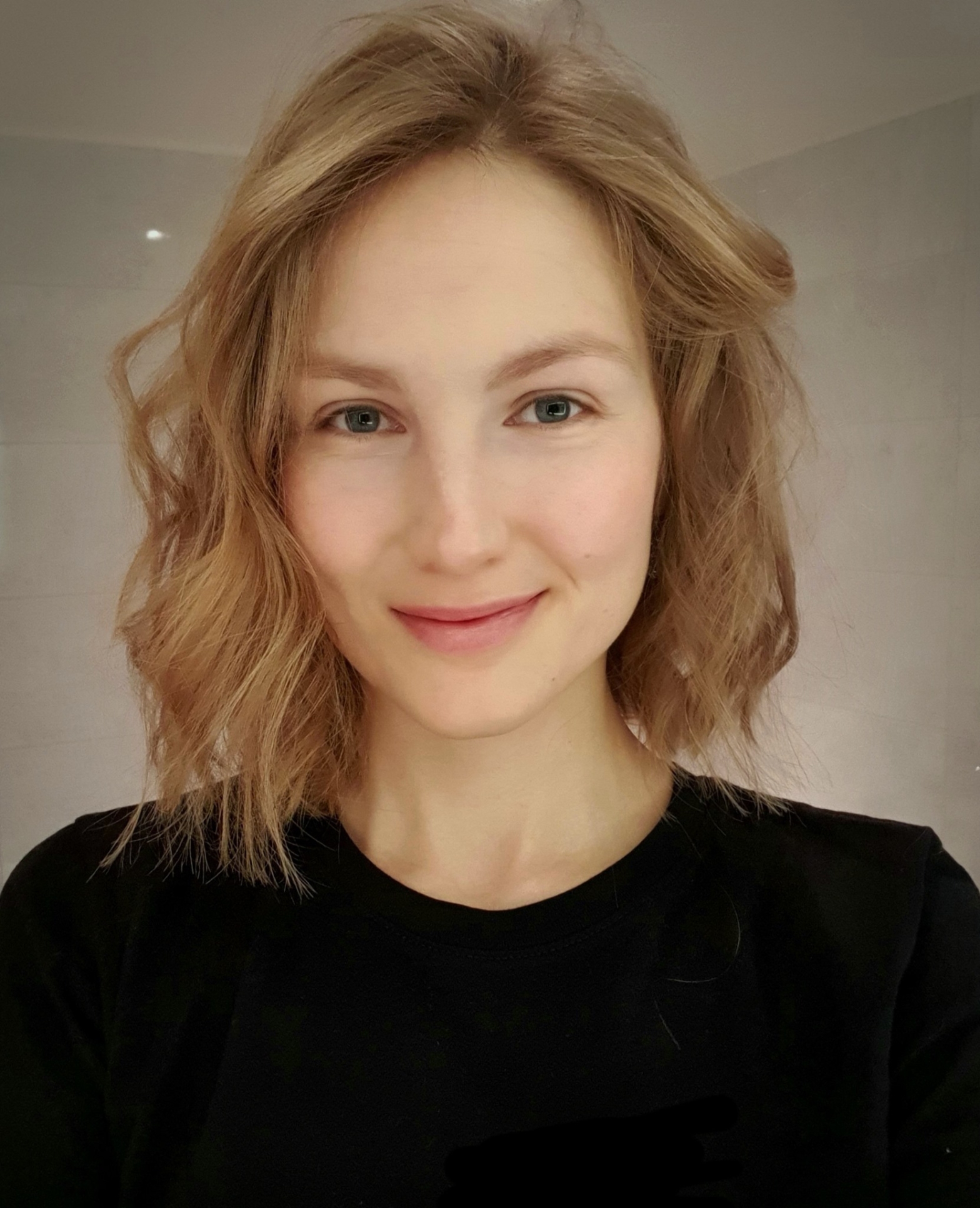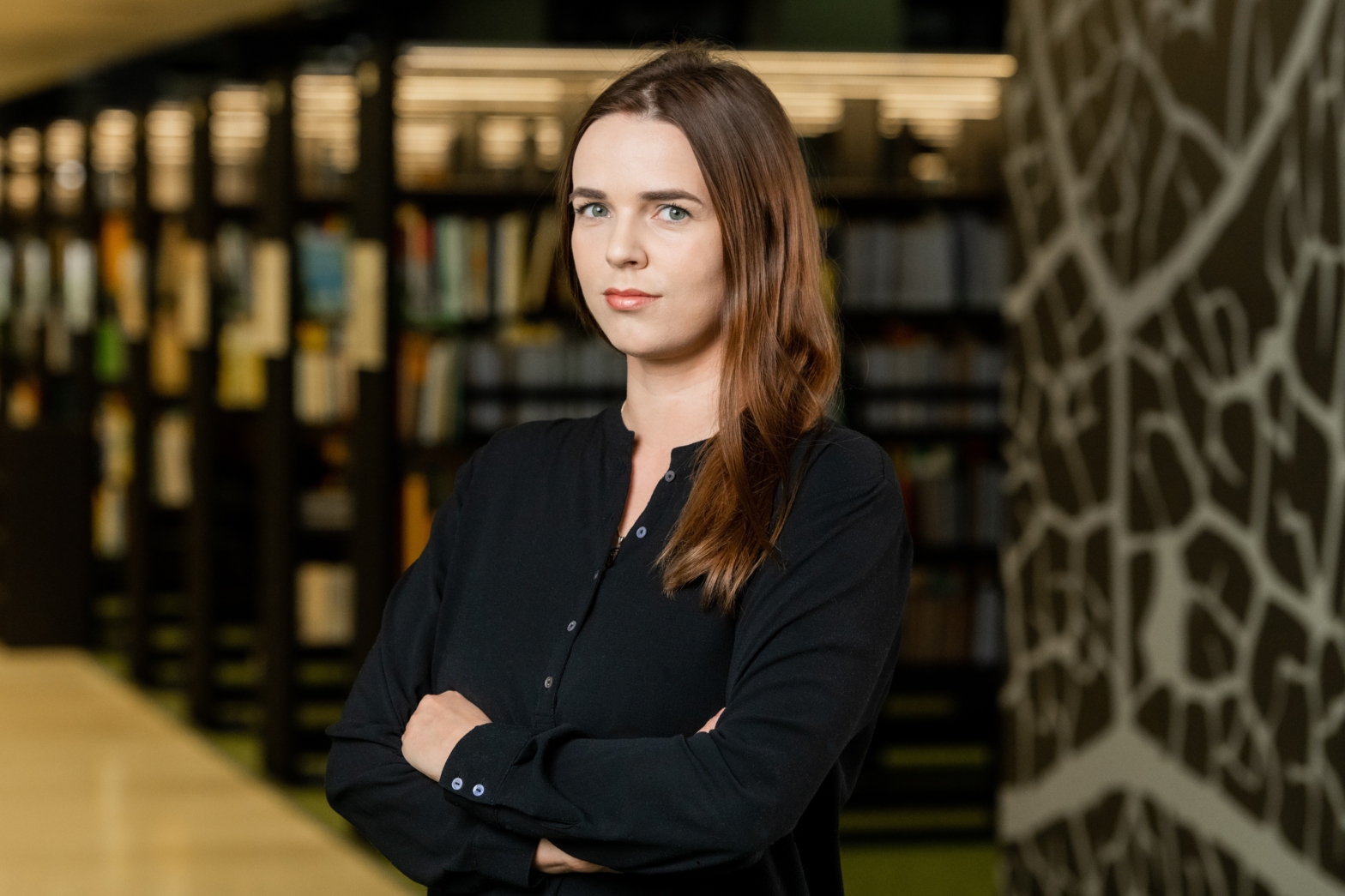
Dr. Eeva Henna Helena Fabritius
Senior Research Fellow
FinEst Centre for Smart Cities
Tallinn University of Technology

At FinEst Centre, our research and innovation community drives human-centric urban development through five core themes: Natural & Built Environment, Smart Mobility, Intelligent Energy Solutions, Data & AI, and Smart & Sustainable Governance. Each theme connects cutting-edge research with practical solutions, combining academic excellence with real-world impact to create smart, sustainable, and resilient cities.
Our work brings together professors, post-docs, PhD students, and practitioners who collaborate across disciplines and partner with various research groups within Aalto University, Tallinn University of Technology (TalTech), and beyond. Whether advancing academic knowledge or co-developing scalable solutions with commercial applications, our research initiatives are closely tied to the EU-funded FinEst Twins project (GA 856602) and often to our piloting programme Smart City Challenge, ensuring the implementation in real urban environments.

Senior Research Fellow
FinEst Centre for Smart Cities
Tallinn University of Technology
Find all academic publications here.

Research Fellow
FinEst Centre for Smart Cities
Tallinn University of Technology
Find all academic publications here.

Head of Urban Data Ecosystems
FinEst Centre for Smart Cities
Tallinn University of Technology
Find all academic publications here.

Research Fellow
FinEst Centre for Smart Cities
Tallinn University of Technology
Find all academic publications here.

Tallinn University of Technology
Smart Mobility, Urban Analytics & Data
Find all academic publications here.